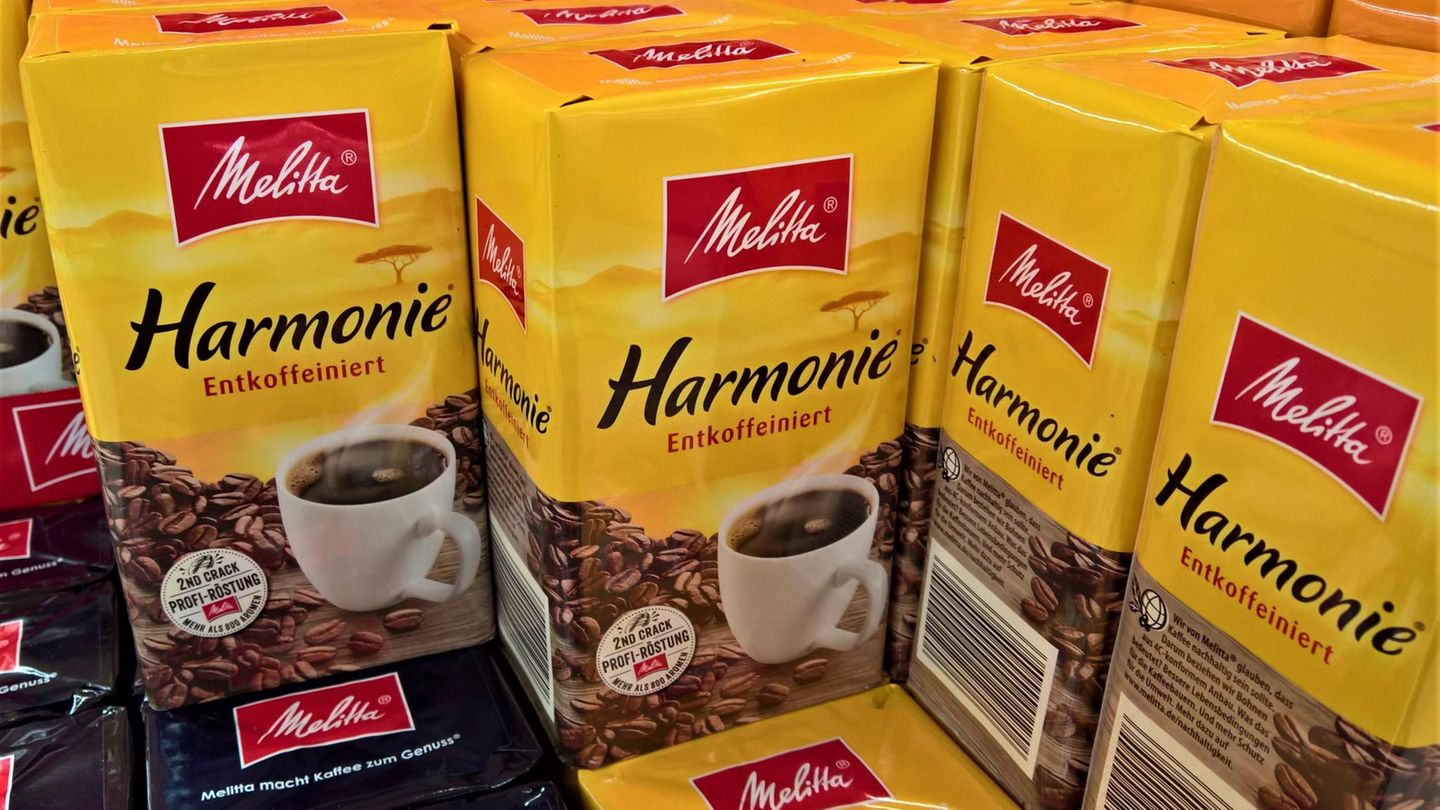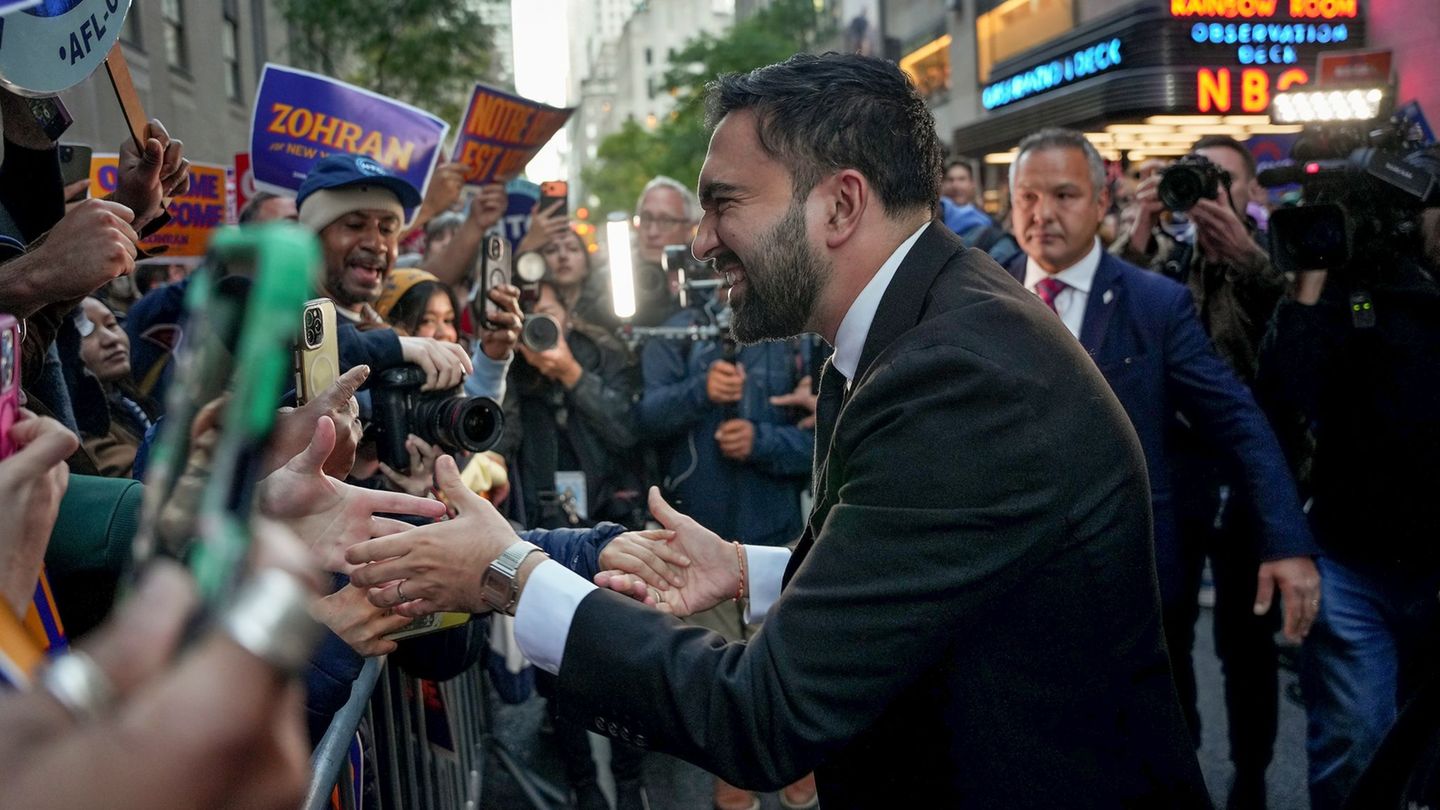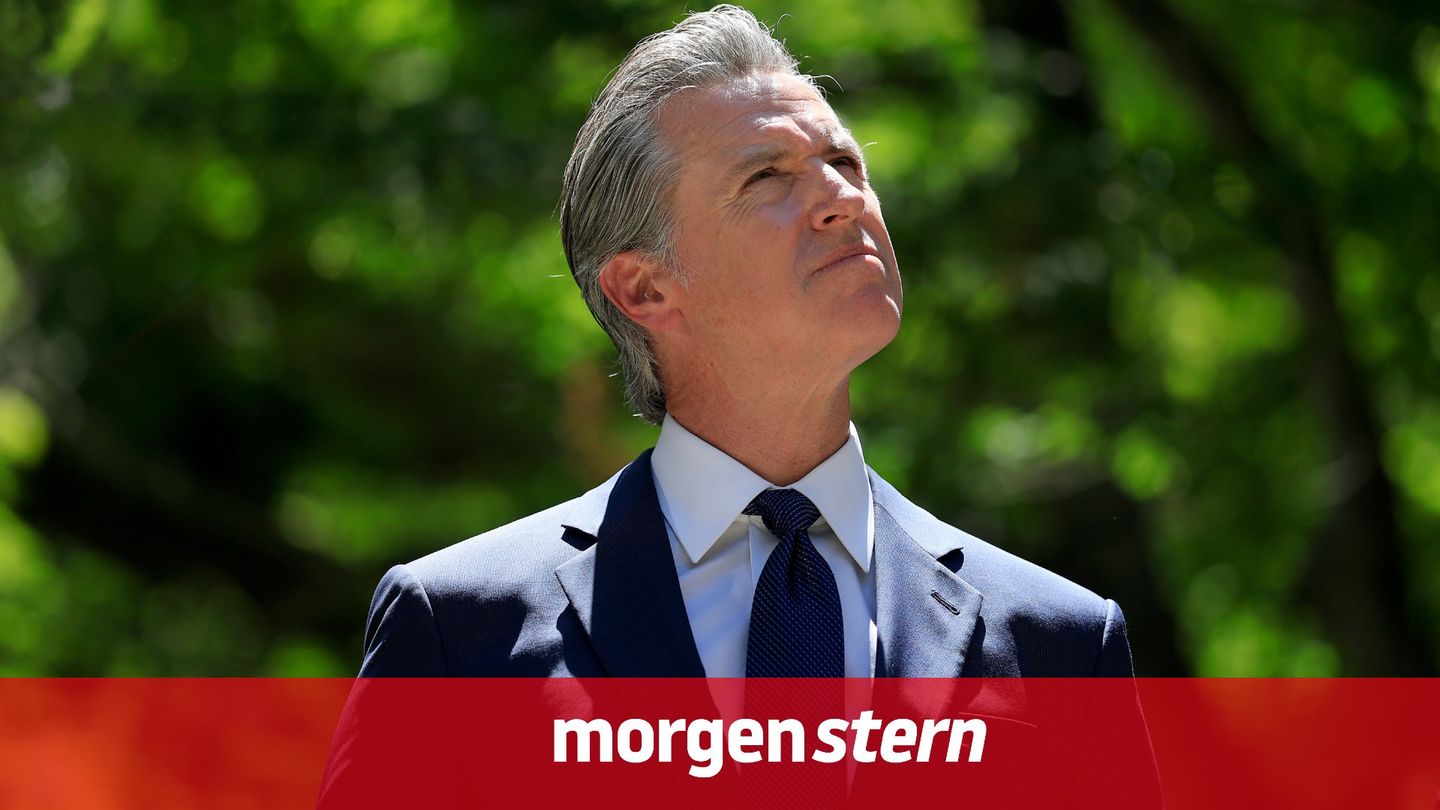The Melitta coffee roasting company is said to have charged too high prices for its products for years. The trading company Bartels-Langness accuses her of this and is demanding compensation. Now both are fighting in court.
This article is adapted from the business magazine Capital and is available here for ten days. Afterwards it will only be available to read at again. Capital belongs like that star to RTL Germany.
Years ago, the coffee manufacturer Melitta had to pay a fine of 55 million euros for price fixing. Now the Bartels-Langness (Bela) group is dragging the Minden-based coffee roasting company to court again. On Wednesday, the 6th Cartel Senate of the Düsseldorf Higher Regional Court opened proceedings on a cartel damages claim (ref. VI-6 U 6/22[Kart]). The plaintiff Bela trading company, which includes around 120 Famila department stores and Markant markets as well as various bakery branches in northern Germany, is demanding millions in damages.
Bartels-Langness accuses Melitta of having formed a Germany-wide coffee roaster cartel with competitors Dallmayr, Kraft Foods (now Mondelez) and Tchibo between 2002 and 2008, which agreed on coffee prices. During this period, Melitta is said to have charged prices that were around eleven percent higher. Between March 2008 and September 2009 the prices were inflated by around four percent due to the cartel. As a result, the Bela trading company suffered damage amounting to millions. In the first instance before the Dortmund regional court, the Bartels-Langness group failed with its allegations.
Bela is said to have been part of a cartel himself
The defendant Melitta denies Bartels-Langness’s accusations and shoots back: the plaintiff Bela trading company was itself part of a coffee cartel. Together with coffee roasters and other wholesalers and retailers, Bela is said to have agreed on uniform end consumer prices for coffee products in a “hub and spoke cartel”.
The English technical term describes a certain type of prohibited price fixing in which competitors avoid direct contact with each other and instead communicate across the board. A retailer tries indirectly, for example through the product manufacturer, to persuade other retailers to adhere to certain minimum prices. The plaintiff knowingly accepted the price increases agreed between the coffee roasters and passed them on to end customers. Because Bela Handelsgesellschaft benefited from the cartel, it suffered no damage. Bartels-Langness rejects the allegations.
Now the Düsseldorf Higher Regional Court must examine the case. Capital asked both parties involved in the dispute what the truth of the mutual accusations was. “Bartels-Langness does not comment on ongoing proceedings,” said the trading company’s press office. Melitta initially left the capital request completely unanswered.
Cartel agreements: price frustration instead of coffee enjoyment
However, the allegations against Melitta don’t seem too far-fetched. Bartel-Langness bases his argument in the proceedings before the Düsseldorf Higher Regional Court primarily on the fact that the court had already proven price fixing by the coffee manufacturer in the past. Together with the companies Tchibo, Alois Dallmayr Kaffee and Kraft Foods (Jacobs Kaffee), Melitta formed a coffee cartel that had been coordinating prices with each other since at least the beginning of 2000.
Due to price increases announced in December 2004 and April 2005 alone, end consumer and promotional prices for roasted coffee increased by an average of more than one euro per 500 gram pack. The discussion group was only discovered in 2008 when the Federal Cartel Office had the coffee roasters searched. Melitta initially tried to avoid a fine by restructuring the company.
However, the responsible Düsseldorf Higher Regional Court confirmed the Federal Cartel Office’s fine decision in 2014 and ordered Melitta Europa GmbH & Co. KG to pay 55 million euros. Melitta lodged complaints with the Federal Court of Justice and the Federal Constitutional Court, but these were rejected.
Vertical fall: Melitta emerges as a key witness
In addition, since 2004, Melitta has been involved in anti-competitive vertical price fixing in the distribution of its roasted coffee products. The Federal Cartel Office determined this in 2016 and imposed fines totaling around 50 million euros on Edeka, Kaufland, Metro, Rewe and Rossmann.
Melitta Europa GmbH & Co. KG, the legal successor of Melitta Kaffee GmbH, managed to avoid a fine because the company cooperated with the Federal Cartel Office and acted as a key witness.
Source: Stern




